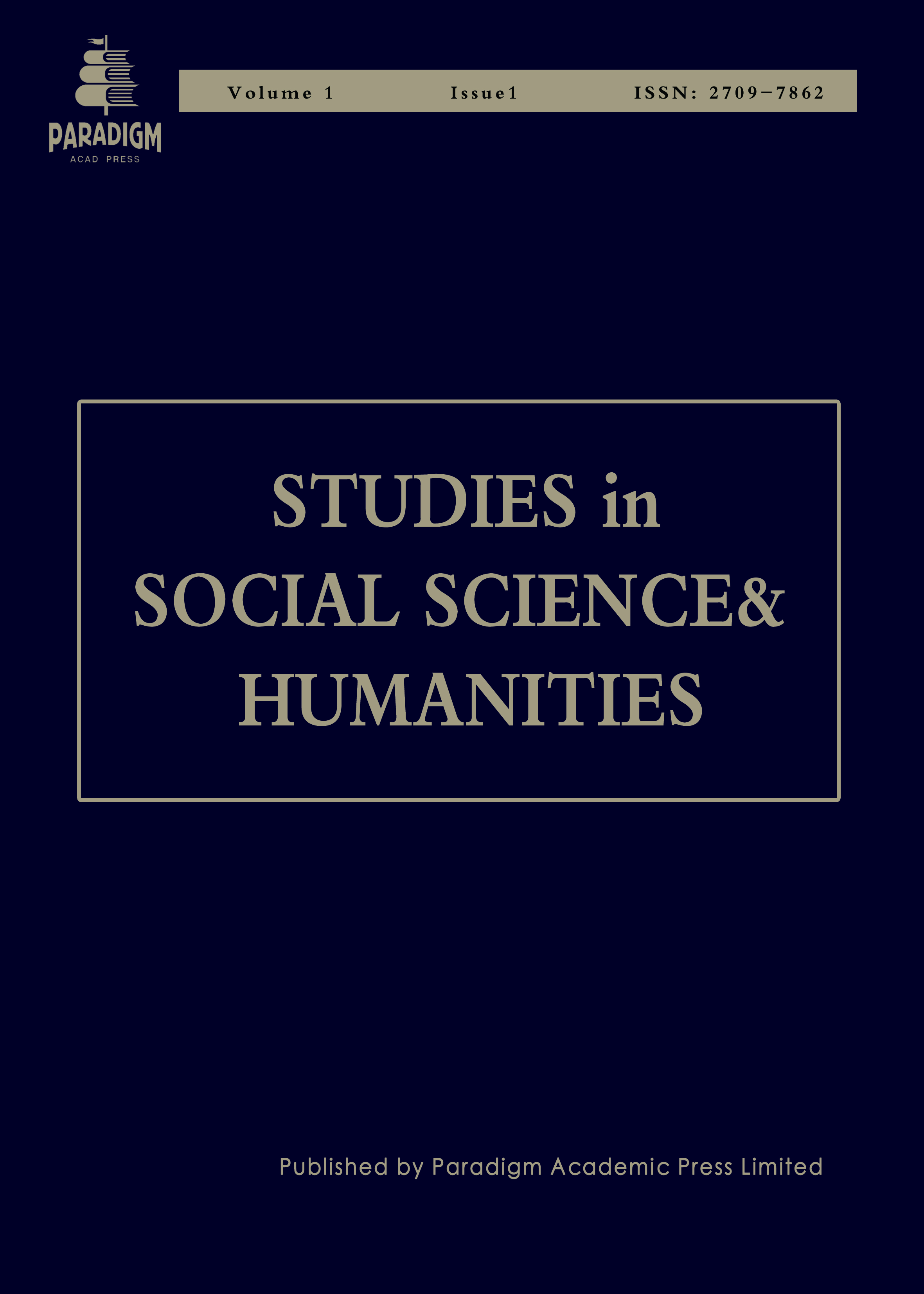The Self-Destructive Hero Myth: Death Narrative and the Structure of Reincarnation in The Pig, the Snake and the Pigeon
Keywords:
Chinese-language cinema, antihero, death narrative, reincarnation, mythology, redemption, The Pig, the Snake and the PigeonAbstract
In recent years, Chinese-language crime films have increasingly embraced hybrid genres, not only borrowing visual elements from film noir and action cinema, but also challenging conventional moral binaries through innovative narrative structures and complex characterizations. The Pig, the Snake and the Pigeon (2023), a film that sparked significant discussion, tells a mythic story of “redemption through destruction” through a self-destructive antihero, Chen Guilin. Once a notorious fugitive, Chen embarks on a violent mission to eliminate three societal “evils” after discovering that he is not the most wanted criminal — only to ultimately realize that he himself is the third target.
This paper argues that the film does not merely subvert the traditional justice narrative but constructs a culturally resonant myth through its symbolic use of death and cyclical narrative structure. Through the lens of narrative theory, mythology, and religious-cultural discourse, the film’s treatment of death functions not only as an endpoint but as a ritualized process of purification, heavily influenced by Buddhist concepts of karma and reincarnation. The analysis focuses on how Chen’s path — marked by violence, hallucinations, and eventual self-sacrifice — transforms him from a criminal into a mythic figure representing social catharsis and existential rebirth.
By examining this “self-destructive hero myth,” the study reveals how contemporary Chinese-language cinema reimagines heroism in a context of moral ambiguity, institutional failure, and spiritual longing. The paper concludes by reflecting on how death, in such narratives, becomes the only meaningful gesture in a disenchanted world — a culturally coded form of redemption.


